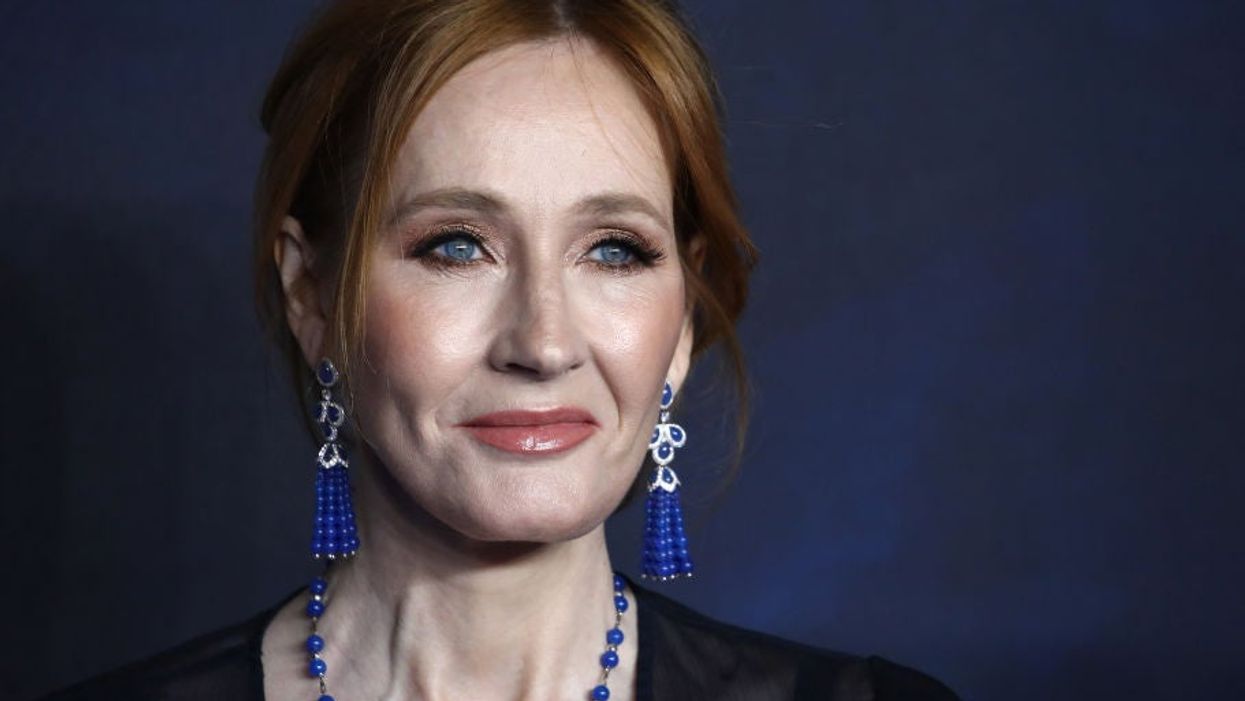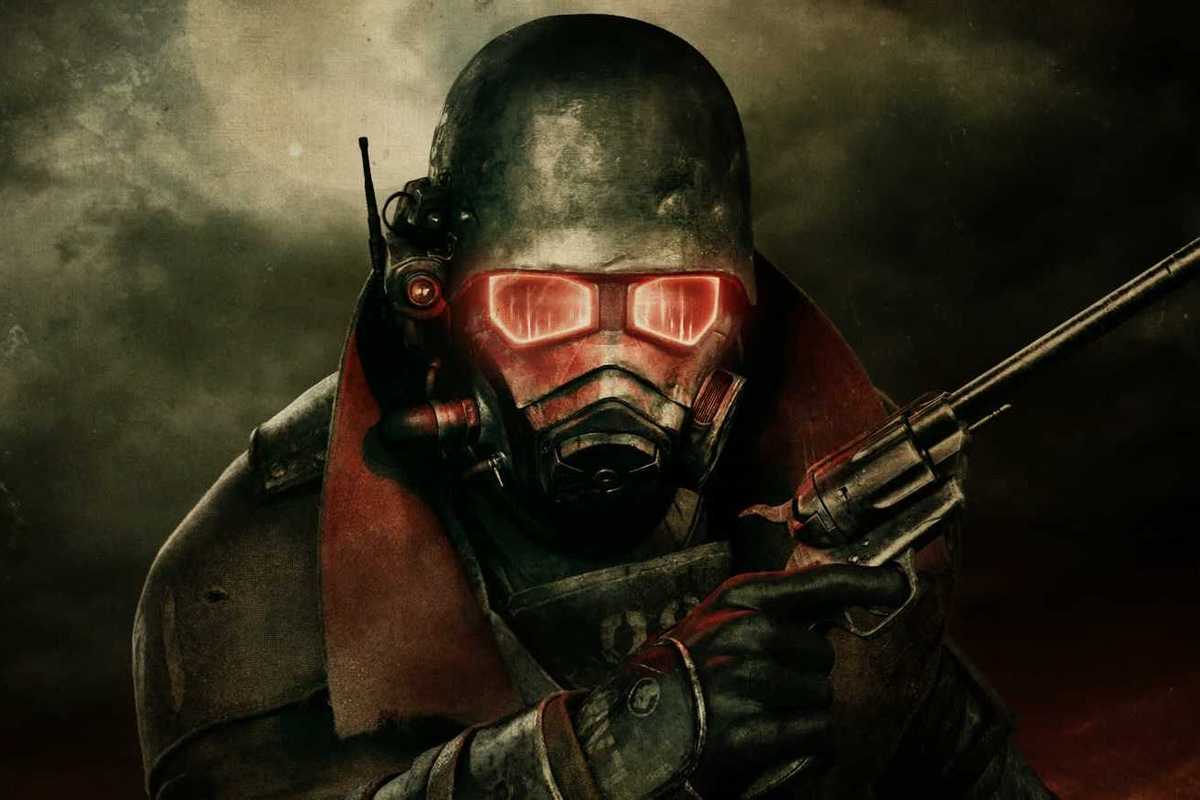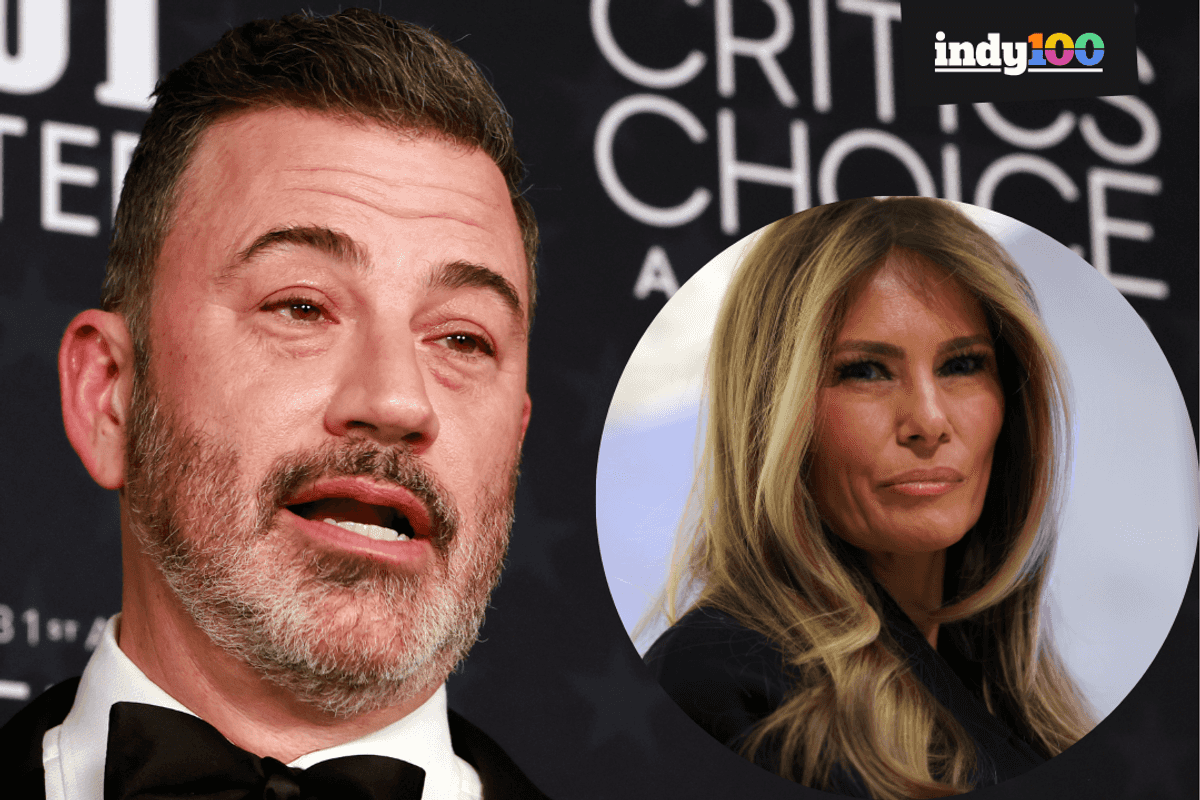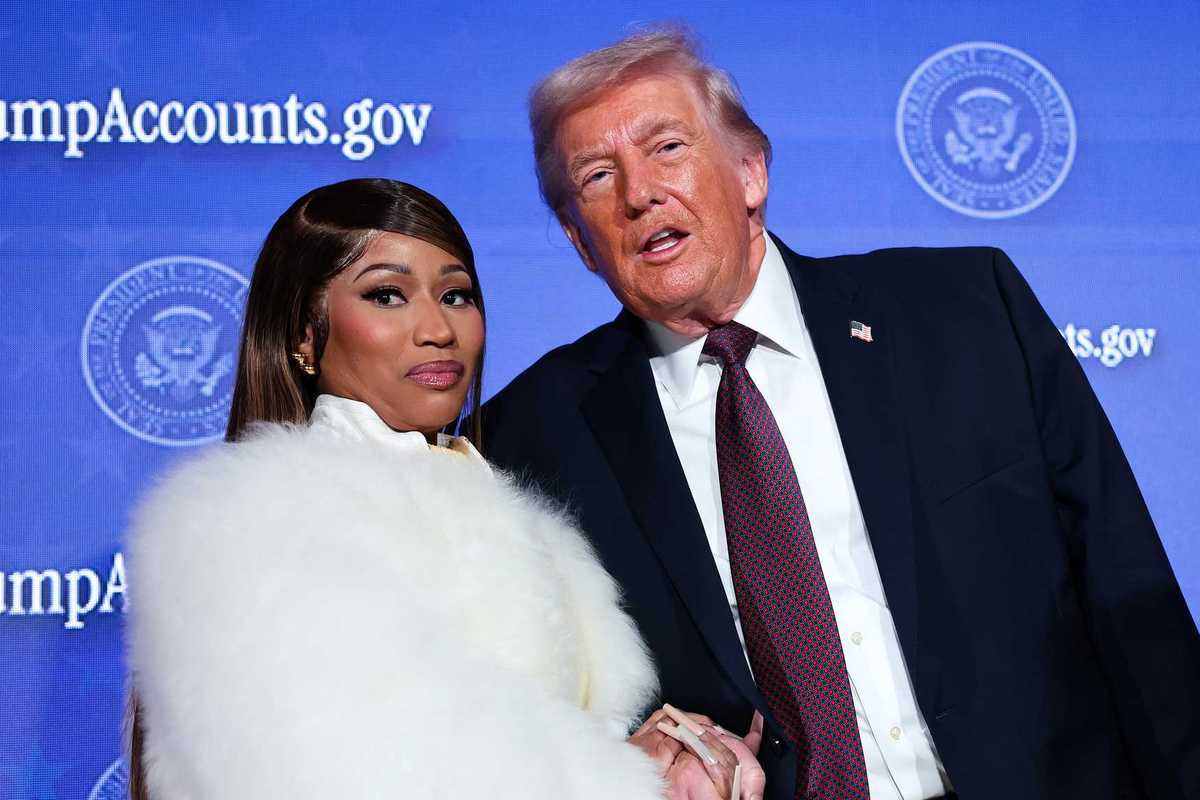Celebrities
Harriet Brewis
Jul 20, 2021
JK Rowling is one of the most successful authors of all time, yet the past year has seen her mired in controversy.
The Harry Potter creator, 55, has been at the centre of a social media storm since June 2020 when she began voicing her concerns around transgender issues.
On Monday, she revealed that she’d received threats of violence, rape and even death from “hundreds of trans activists”, including calls for a pipe bomb to be sent to her home.
Writing on Twitter, she said sardonically: “To be fair, when you can’t get a woman sacked, arrested or dropped by her publisher, and cancelling her only made her book sales go up, there’s really only one place to go.”
So what sparked such ire towards a woman who has long been viewed as an inspiration to the disenfranchised? And why has it gone on so long? Here, we take a look at her “transphobia” controversy to date.
December 19, 2019: ‘I stand with Maya’
Having not posted for weeks, Rowling broke her Twitter silence just before Christmas 2019 to speak out in support of researcher Maya Forstater who had lost her job at a think tank for using “offensive and exclusionary” language.
Among Forstater’s offending remarks was her assessment that “men cannot change into women.”
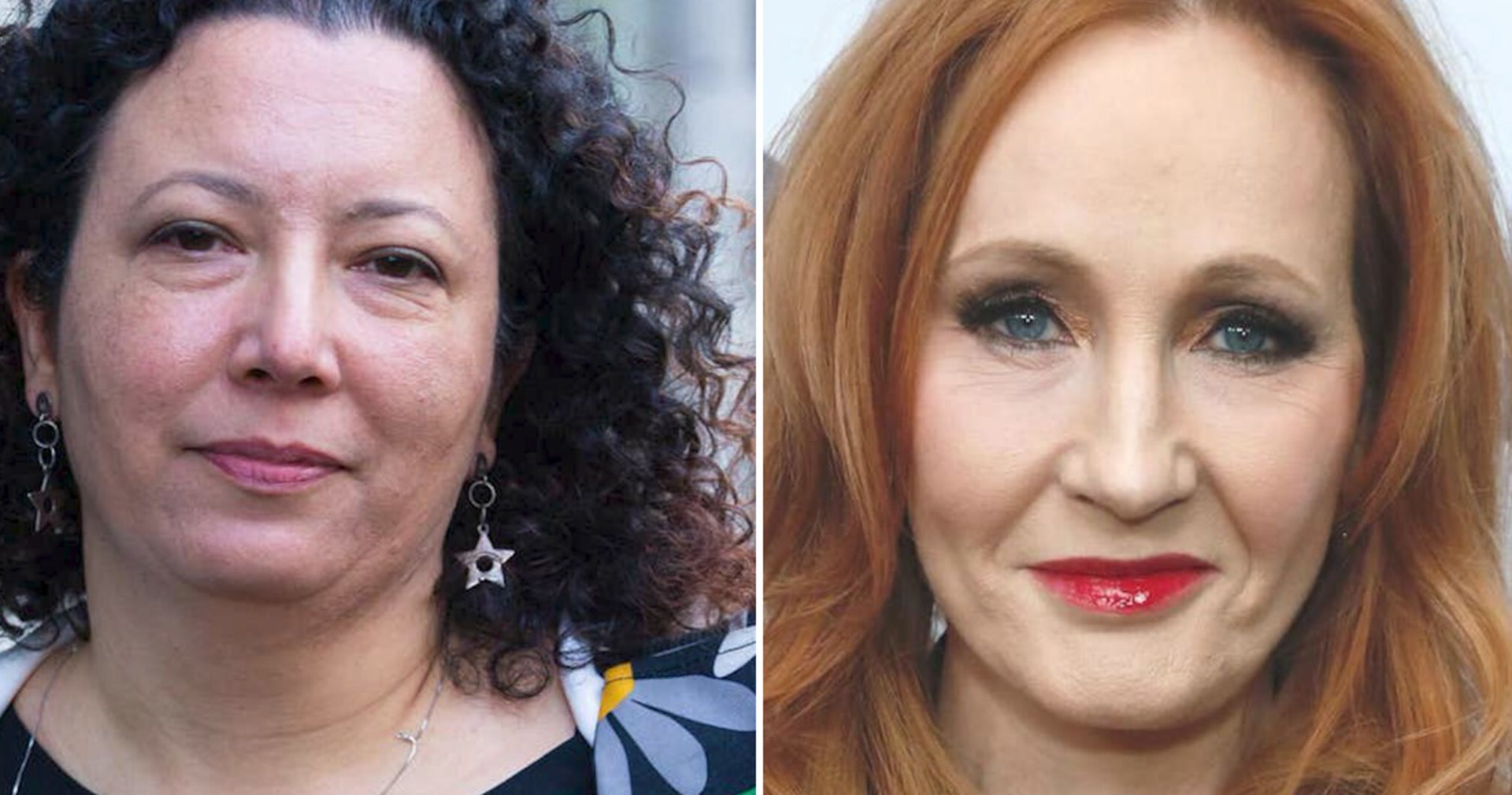
The multi-millionaire writer shared her backing of the international development expert – who, at the time, had lost a tribunal case against her employer – by using the hashtag “IStandWithMaya.”
Alongside this, she wrote:
By openly pledging allegiance to Forstater, Rowling was instantly branded a “transphobe”.
However, the seeds of speculation had already been sown when, in March 2018, the author liked a tweet which called trangender women “men in dresses”.
On this occasion, Rowling’s representative jumped in to dismiss the move as a slip of the hand. He said: “I’m afraid JK Rowling had a clumsy and middle-aged moment and this is not the first time she has favourited by holding her phone incorrectly.”
However, the accusations began to gather pace when, in June 2019, the author followed the “self-professed transphobe” YouTuber Magdalen Berns on Twitter.
Rowling’s subscription to the account was discovered by pro-transgender activists, who shared a screenshot showing Berns among her “following” list:
June 6, 2020: ‘People who menstruate’
The flames of fury were truly lit when, a year later at the start of Pride Month, Rowling commented on an article which referred to “people who menstruate”.
“I’m sure there used to be a word for those people,” she tweeted. “Someone help me out. Wumben? Wimpund? Woomud?”
The backlash was instant, and immense, with thousands of commentators accusing her of being a TERF: a Trans-exclusionary radical feminist. This term is used to describe feminists who express ideas that other feminists consider transphobic, such as claiming that trans women are not “real” women.
‘It isn’t hate to speak the truth’
Rowling responded to the controversy by standing by her comments.
Just hours after her “people who menstruate” remarks, she posted a string of tweets condemning the “woman-hate” she’d been subjected to and explaining her stance.
She wrote: “I respect every trans person’s right to live any way that feels authentic and comfortable to them. I’d march with you if you were discriminated against on the basis of being trans. At the same time, my life has been shaped by being female. I do not believe it’s hateful to say so.
“The idea that women like me, who’ve been empathetic to trans people for decades, feeling kinship because they’re vulnerable in the same way as women - ie, to male violence - ‘hate’ trans people because they think sex is real and has lived consequences - is a nonsense.
“If sex isn’t real, there’s no same-sex attraction. If sex isn’t real, the lived reality of women globally is erased. I know and love trans people, but erasing the concept of sex removes the ability of many to meaningfully discuss their lives. It isn’t hate to speak the truth.”
June 8, 2020: Celebrity condemnation begins
Harry Potter stars Daniel Radcliffe, Emma Watson and Rupert Grint, and Fantastic Beasts frontman Eddie Redmayne, were among the big names to swiftly, and publicly, denounce her comments.
Two days after the author’s contentious post, Radcliffe shared a statement through the LGBT suicide prevention charity The Trevor Project, saying that while Rowling was “unquestionably responsible for the course my life has taken… as a human being, I feel compelled to say something at this moment”.
He continued: “Transgender women are women. Any statement to the contrary erases the identity and dignity of transgender people and goes against all advice given by professional health care associations who have far more expertise on this subject matter than either Jo or I.”
Addressing fans who said they could no longer enjoy Harry Potter due to their disagreement with its creator, he said: “To all the people who now feel that their experience of the books has been tarnished or diminished, I am deeply sorry for the pain these comments have caused you.”
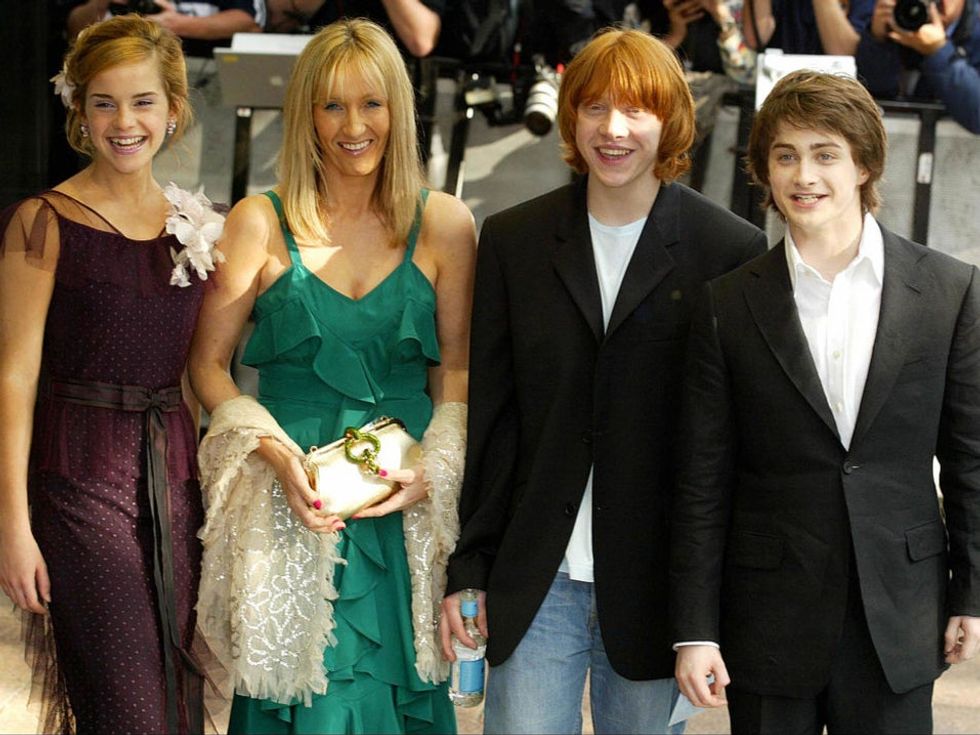
June 10, 2020: Rowling sets out her ‘reasons for speaking out on sex and gender issues’
Four days after the row erupted, Rowling revealed that she was partly motivated to speak out because of her experience of domestic abuse and sexual assault.
In a lengthy blog post on her website, she detailed five reasons she felt the need to talk about the issue – including her interest in “both education and safeguarding” and “freedom of speech”.
Explaining her final reason, she wrote: “I’ve been in the public eye now for over 20 years and have never talked publicly about being a domestic abuse and sexual assault survivor.
“This isn’t because I’m ashamed those things happened to me, but because they’re traumatic to revisit and remember.
“I also feel protective of my daughter from my first marriage. I didn’t want to claim sole ownership of a story that belongs to her, too.
“However, a short while ago, I asked her how she’d feel if I were publicly honest about that part of my life and she encouraged me to go ahead.
“I’m mentioning these things now not in an attempt to garner sympathy, but out of solidarity with the huge numbers of women who have histories like mine, who’ve been slurred as bigots for having concerns around single-sex spaces.”
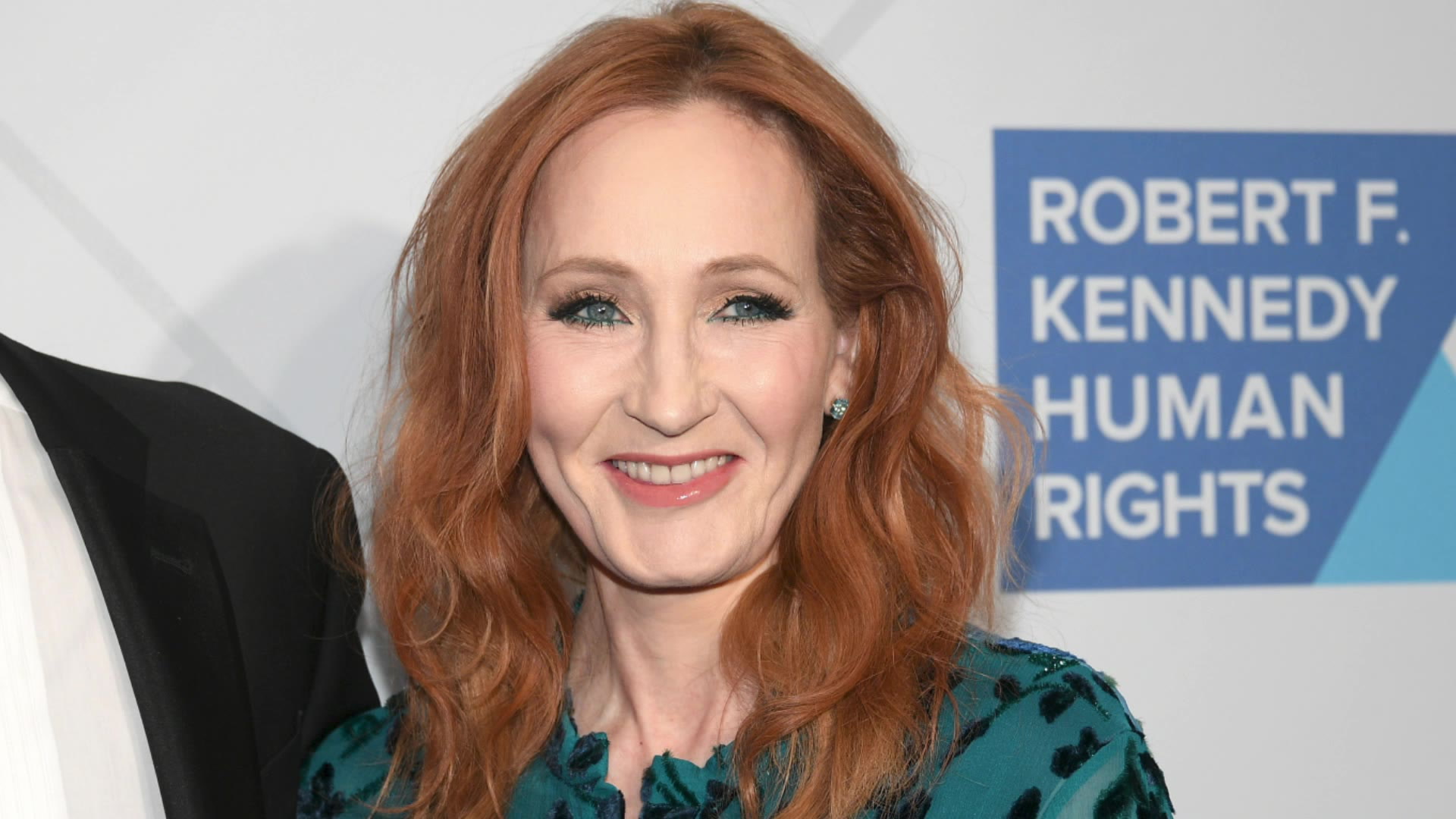
She continued by explaining that she’d been motivated to address transgender issues via her Twitter account because of what she sees as an increasingly misogynistic society.
“We’re living through the most misogynistic period I’ve experienced,” she said.
“Back in the 80s, I imagined that my future daughters, should I have any, would have it far better than I ever did, but between the backlash against feminism and a porn-saturated online culture, I believe things have got significantly worse for girls.
“Never have I seen women denigrated and dehumanised to the extent they are now.
“From the leader of the free world’s long history of sexual assault accusations and his proud boast of ‘grabbing them by the pussy’, to the incel (‘involuntarily celibate’) movement that rages against women who won’t give them sex, to the trans activists who declare that TERFs need punching and re-educating, men across the political spectrum seem to agree: women are asking for trouble.
“Everywhere, women are being told to shut up and sit down, or else.”
Rowling said she had felt “mentally sexless” as a girl growing up in Gloucestershire, which had prompted her to develop mental health issues.
She wrote: “When I read about the theory of gender identity, I remember how mentally sexless I felt in youth.
“As I didn’t have a realistic possibility of becoming a man back in the 1980s, it had to be books and music that got me through both my mental health issues and the sexualised scrutiny and judgment that sets so many girls to war against their bodies in their teens.
“Fortunately for me, I found my own sense of otherness, and my ambivalence about being a woman, reflected in the work of female writers and musicians who reassured me that, in spite of everything a sexist world tries to throw at the female-bodied, it’s fine not to feel pink, frilly and compliant inside your own head; it’s OK to feel confused, dark, both sexual and non-sexual, unsure of what or who you are.”
August 28, 2020: Returning Human Rights award
Almost two months after the debacle truly exploded, Rowling returned an award from a group linked to the Kennedy family in the US, saying its “incorrectly implied” that she is “transphobic”.
The president of Robert F Kennedy Human Rights, a group which previously presented Rowling with an award, was among the critics of her views.
Announcing her decision to hand back the gong, Rowling wrote online that Kerry Kennedy, the organisation’s president and the daughter of the late senator Robert Kennedy, “felt it necessary to publish a statement denouncing my views” on the group’s website.
“The statement incorrectly implied that I was transphobic, and that I am responsible for harm to trans people,” she said.
“As a longstanding donor to LGBT charities and a supporter of trans people’s right to live free of persecution, I absolutely refute the accusation that I hate trans people or wish them ill, or that standing up for the rights of women is wrong, discriminatory, or incites harm or violence to the trans community.”
She said in a post on her website: “In solidarity with those who have contacted me but who are struggling to make their voices heard, and because of the very serious conflict of views between myself and RFKHR, I feel I have no option but to return the Ripple of Hope Award bestowed upon me last year.
“I am deeply saddened that RFKHR has felt compelled to adopt this stance, but no award or honour, no matter my admiration for the person for whom it was named, means so much to me that I would forfeit the right to follow the dictates of my own conscience.”
September 15, 2020: Troubled Blood
Rowling’s new novel attracted a fresh round of outrage after it was reported to feature a “transvestite serial killer”.
‘Troubled Blood’, which was released on September 15 under Rowling’s known pseudonym Robert Galbraith, is the most recent instalment in her Strike detective series.
In his review of the book, The Telegraph’s critic Jake Kerridge questioned the author’s decision to include, among its characters, a cross-dresser who murders women.
An excerpt of the review reads: "The meat of the book is the investigation into a cold case: the disappearance of GP Margot Bamborough in 1974, thought to have been a victim of Dennis Creed, a transvestite serial killer.
"One wonders what critics of Rowling’s stance on trans issues will make of a book whose moral seems to be: never trust a man in a dress."
Here’s how news of the alleged plotline was met:
September 30 2020: Letter of support
Comedy legend John Cleese and author Ian McEwan were among the big-name signatories of a letter supporting Rowling amid the tireless transphobia accusations.
Some 58 figures originally backed the campaign, published in the Sunday Times, which was created “in the hope that, if more people stand up against the targeting of women online, we might at least make it less acceptable to engage in it or profit from it.”
The group said abuse directed at the 55-year-old was “the latest example of hate speech directed against her and other women that Twitter and other platforms enable and implicitly endorse”.
Rowling responded with gratitude to the group for “showing solidarity with all the women who’re currently speaking up for their own rights and facing threats of violence and even death in return”.
The show of solidarity came after Robbie Coltrane, who played gamekeeper Hagrid in the Harry Potter films, asked why people found her comments so abhorrent.
He told the Radio Times in September: “I don’t think what she said was offensive really. I don’t know why but there’s a whole Twitter generation of people who hang around waiting to be offended.
“They wouldn’t have won the war, would they? That’s me talking like a grumpy old man, but you just think, ‘Oh, get over yourself. Wise up, stand up straight and carry on’.”
Cracker star Coltrane, 70, said he did not want to go further because, “I don’t want to get involved in all of that because of all the hate mail and all that s***, which I don’t need at my time of life”.
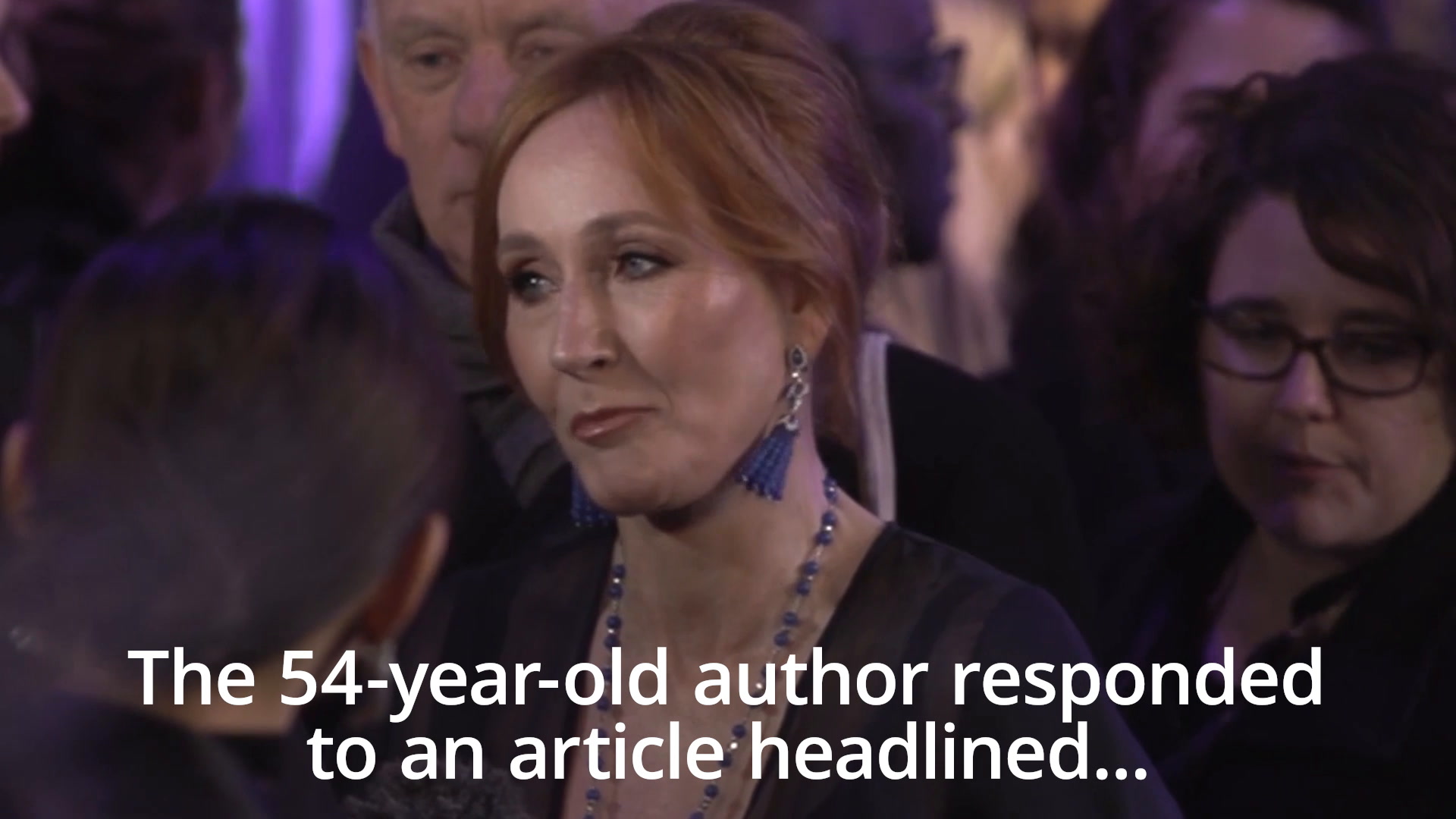
July 20, 2021: Death threats
After months of fury, Rowling revealed the extent to which she has been plagued by trolls.
On Monday, the 55-year-old shared a tweet she had been sent the previous day which read: “I wish you a very nice pipebomb in mailbox.”
Responding to a question from one commentator, she continued: “[I] now hundreds of trans activists have threatened to beat, rape, assassinate and bomb me I’ve realised that this movement poses no risk to women whatsoever.”
Despite it all, Rowling thanked the streams of fans who have sent her supportive messages and said she was returning to work on a new book.
She said: “Got to get back to my chapter now, but to all the people sending me beautiful, kind, funny and supportive messages, thank you so much .”
Top 100
The Conversation (0)
